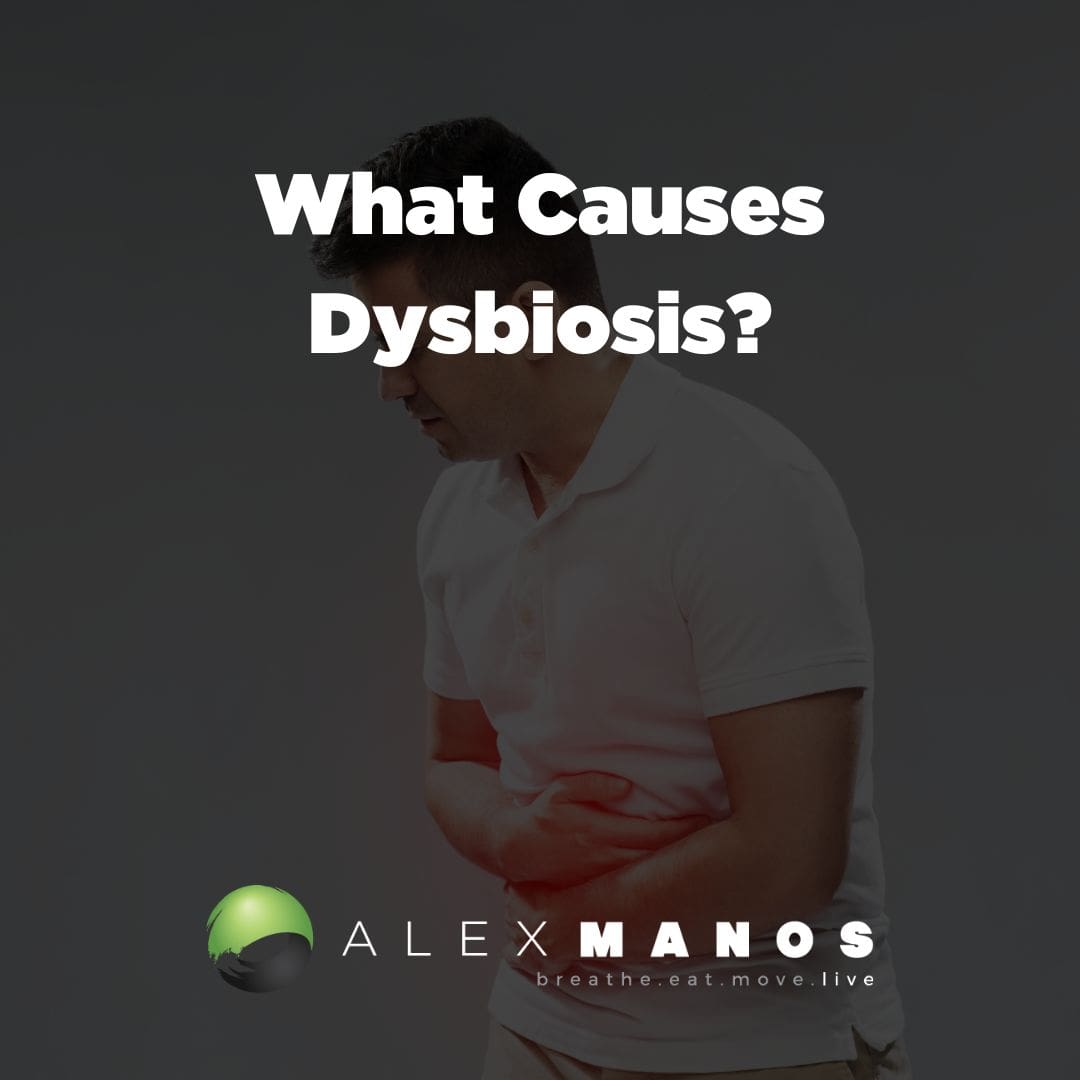Scientific research in the medical field shows this constantly: health starts from the mouth. This article summarises some research on why oral health is so important, not just to our teeth and gums but to our overall health. In particular, it explores the science of our oral microbiome. What Is The Oral Microbiome? The oral
Continue reading »Category Archives: "Digestive Health"
What Causes Dysbiosis? A Comprehensive Guide (2024)
Welcome to my blog ‘What Causes Dysbiosis’. In this blog you will gain a better understanding of what dysbiossis is, what causes dysbiosis, and how to fix dysbiosis. Many will know that various medications such as antibiotics and a poor diet can cause it, but not as many may appreciate that our own cells have
Continue reading »Proton Pump Inhibitors: Their Use And Misuse
Welcome to my blog ‘Proton Pump Inhibitors: Their Use And Misuse” What Are PPIs? Proton pump inhibitors (PPIs) are proven medications of choice for gastroesophageal reflux disease (GERD), acid-related disorders, erosive esophagitis, Barrett esophagus, prevention of gastrointestinal bleeding while on NSAIDs (nonsteroidal anti-inflammatory drugs_, eosinophilic esophagitis, peptic ulcer disease, stress ulcer prophylaxis in critically ill
Continue reading »Soil And Human Health
Soil And Human Health From early childhood, we are in contact with soil; we taste it, inhale it, and we drink water which has passed through it. We eat plants grown on and in it, and eat animals who have done the same. But our relationship with soil is an ancient one. Our ancestors, who
Continue reading »Dientamoeba Fragilis: What You Need To Know
What Is Dientamoeba Fragilis? Dientamoeba fragilis is one of the most common protozoan (single cell) parasite of the human intestine. It has a prevalence ranging from 0 to 82%, depending on the region, the population, and the detection methods used. (source) Many people with D. fragilis also carry other parasites, and it’s often found alongside
Continue reading »Chronic Fatigue Syndrome: A Functional Medicine Approach
Chronic Fatigue Syndrome (CFS) is a multi-factorial condition that requires a holistic and thorough approach to treatment. I did my MSc dissertation on cortisol resistance in chronic fatigue syndrome so I have spent considerable amounts of time in the research. What Are The Symptoms Of Chronic Fatigue Syndrome? Typical symptoms include post-exertional fatigue, memory or
Continue reading »Methane SIBO And Constipation: Updated 2023
Many of us are now very familiar with the role bacteria play in our digestive, and systemic, health, but not as many are likely familiar with the role of archaea. These little guys are responsible for the term methane SIBO, and constipation is a common side effect. What Are Archaea? It has been estimated that
Continue reading »Blastocystis Hominis: Should We Treat It? (updated 2023)
What Is Blastocystis Hominis? Blastocystis hominis is a parasite that inhabits the gastrointestinal tract of humans and many animals. It has a worldwide distribution, and, is often identified as the most common parasite reported in human fecal samples (5–15% of individuals in developed countries and 50–100% of individuals in developing countries). The parasite has been
Continue reading »Akkermansia: a next-generation probiotic
Many of us are now familiar with the terms lactobacillus and bifidobacteria. These are often included in probiotic supplements, and found in fermented foods such as kefir, now widely available in many supermarkets and health food stores. But are you familiar with the bacteria Akkermansia muciniphila (bare with me!)? What Is Akkermansia muciniphila? Akkermansia muciniphila has
Continue reading »How Do You Successfully Treat Hydrogen Sulfide SIBO? (2023)
The key to successfully treat hydrogen sulfide SIBO is to first understand the underlying mechanisms causing an increase in hydrogen sulphide production in the first place. Considerations include slow motility, a sulphur deficiency, an unhealthy diet, and also fast motility in the large intestine. You may also like to read: Hydrogen Sulfide: The good, the
Continue reading »










